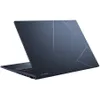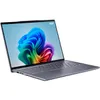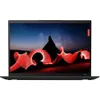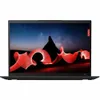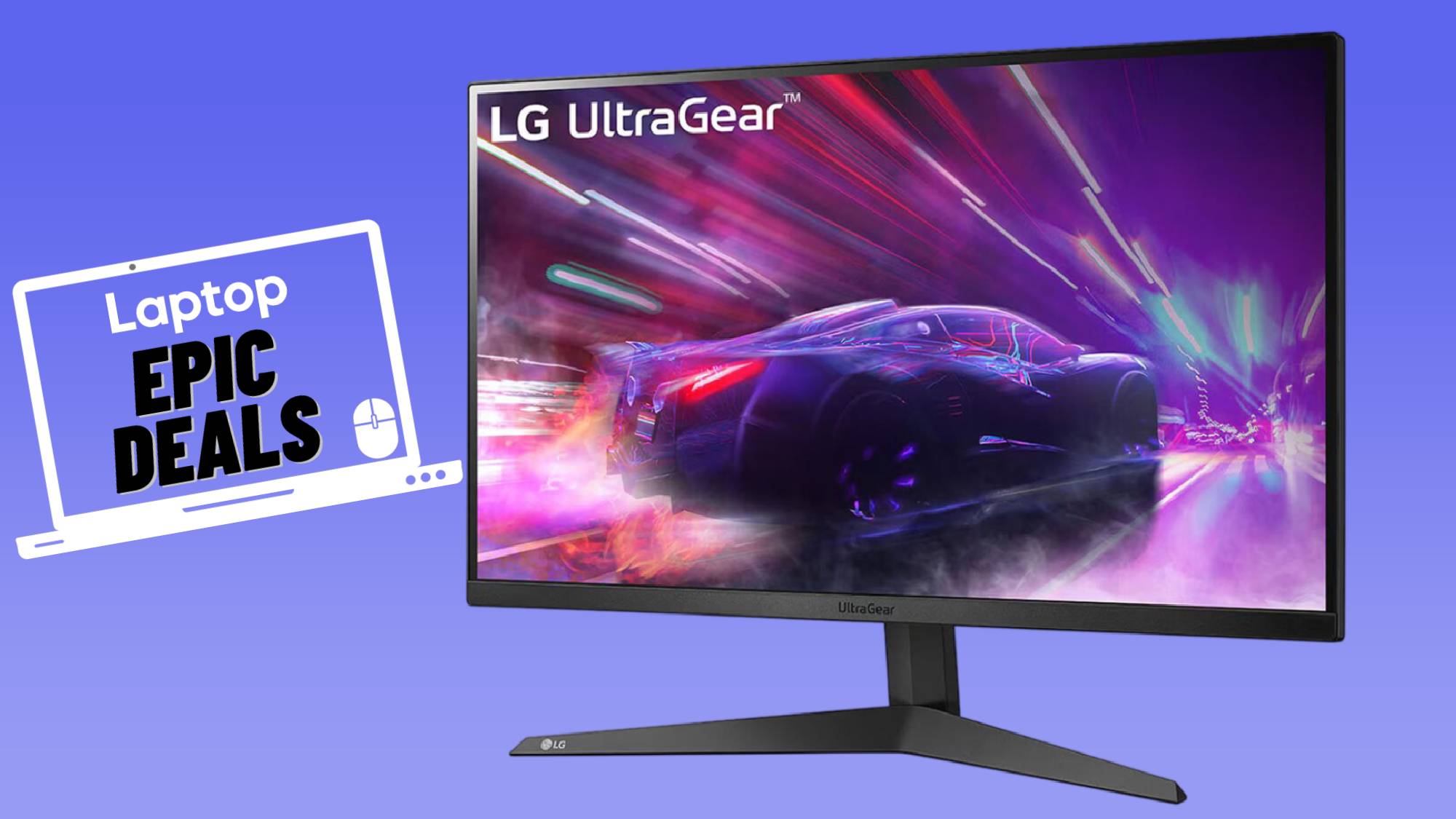Intel reveals why its controversial choice for Lunar Lake integrated RAM won't happen again
Power users looking for an Intel-based laptop, rejoice!
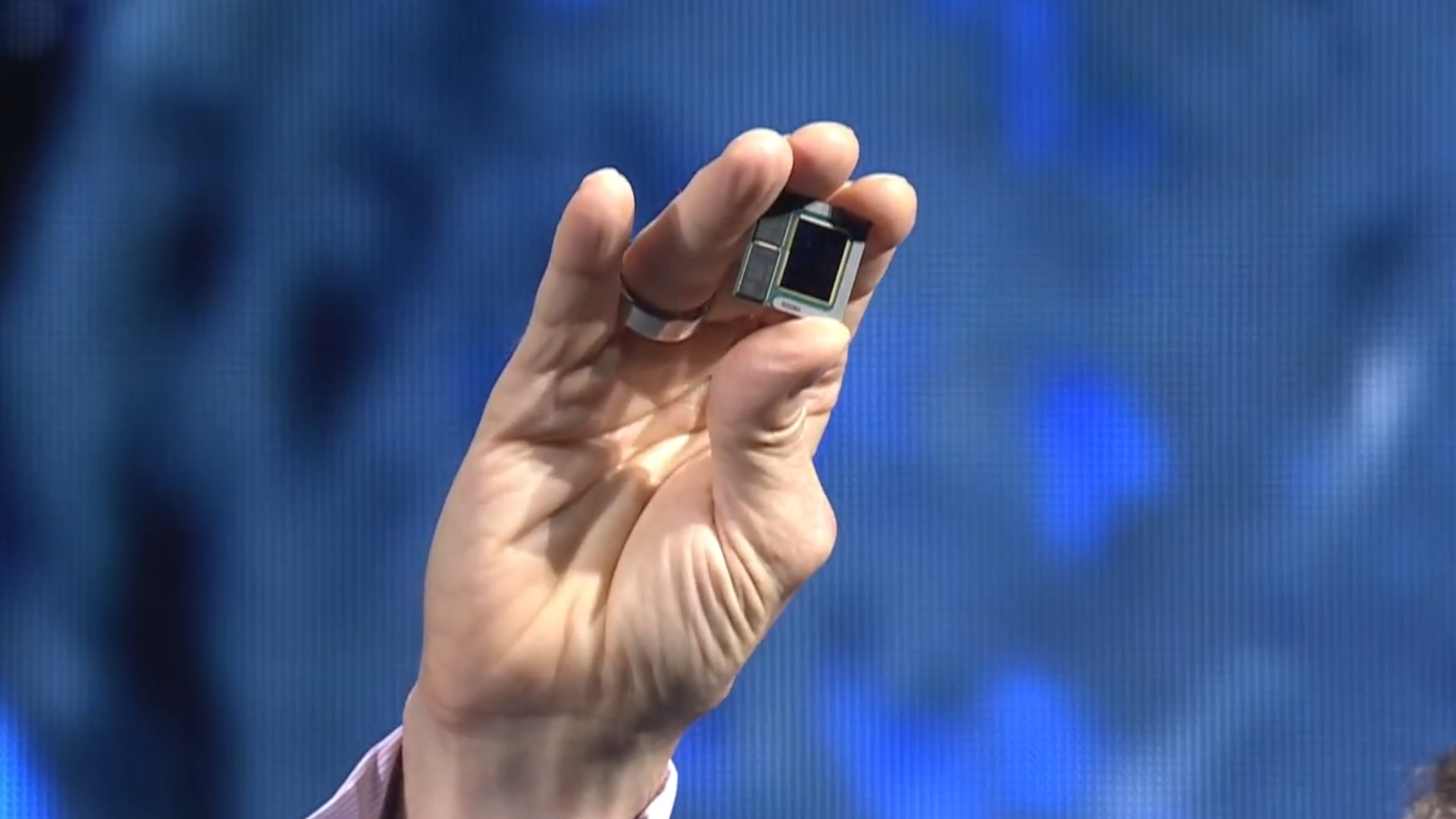
Intel's Lunar Lake laptops offer impressive battery life, a long-awaited win for Windows users. Looking at Lunar Lake battery life benchmarks run by Laptop Mag, the Dell XPS 13 lasted a staggering 18 hours and 34 minutes, outlasting the previous battery life king, the MacBook Pro M3 Max.
Unfortunately, that top-of-the-line battery life — and equally impressive performance results — comes with a controversial catch: integrated RAM.
Typically, a laptop chip combines the CPU, GPU, and NPU, but Intel's Lunar Lake chips also threw RAM into the mix. This means neither laptop owners or laptop manufacturers will be able to add more RAM prior to or after a sale. Put simply, a 16GB Lunar Lake laptop will only be able to have 16GB of RAM for its entire life, even if your needs change after buying it.
Lunar Lake-based laptops only come with 16GB or 32GB of RAM, completely ruling them out for power users that need 64GB or more RAM, like Avram Pilch of our sister site Tom's Hardware.
In an op-ed, Pilch writes that the chip's integrated RAM was the reason why he wouldn't be buying a Lunar Lake-based laptop, and expressed a fear that "this trend is going to continue and perhaps expand to gaming and workstation-class laptops with the upcoming Arrow Lake mobile chips (H series) as well."
During Intel's earnings call on Thursday, CEO Pat Gelsinger told analysts that the Lunar Lake chip's integrated design was a "one off" (via PCWorld). Although he didn't mention Arrow Lake mobile chips by name, the future's looking good for power users who want an Intel-based laptop.
Why the Lunar Lake chip's design is a "one off" for Intel
Interestingly, Intel's earnings call revealed that the Lunar Lake chip was never meant to be the company's main competitive chip. Gelsinger said.
Stay in the know with Laptop Mag
Get our in-depth reviews, helpful tips, great deals, and the biggest news stories delivered to your inbox.
"You know, Lunar Lake was initially designed to be a niche product that we wanted to achieve highest performance and great battery life capability."
"And then," he continued, "[the] AI PC occurred," taking what was initially supposed to be a niche product to a "meaningful portion of [Intel's] total mix."
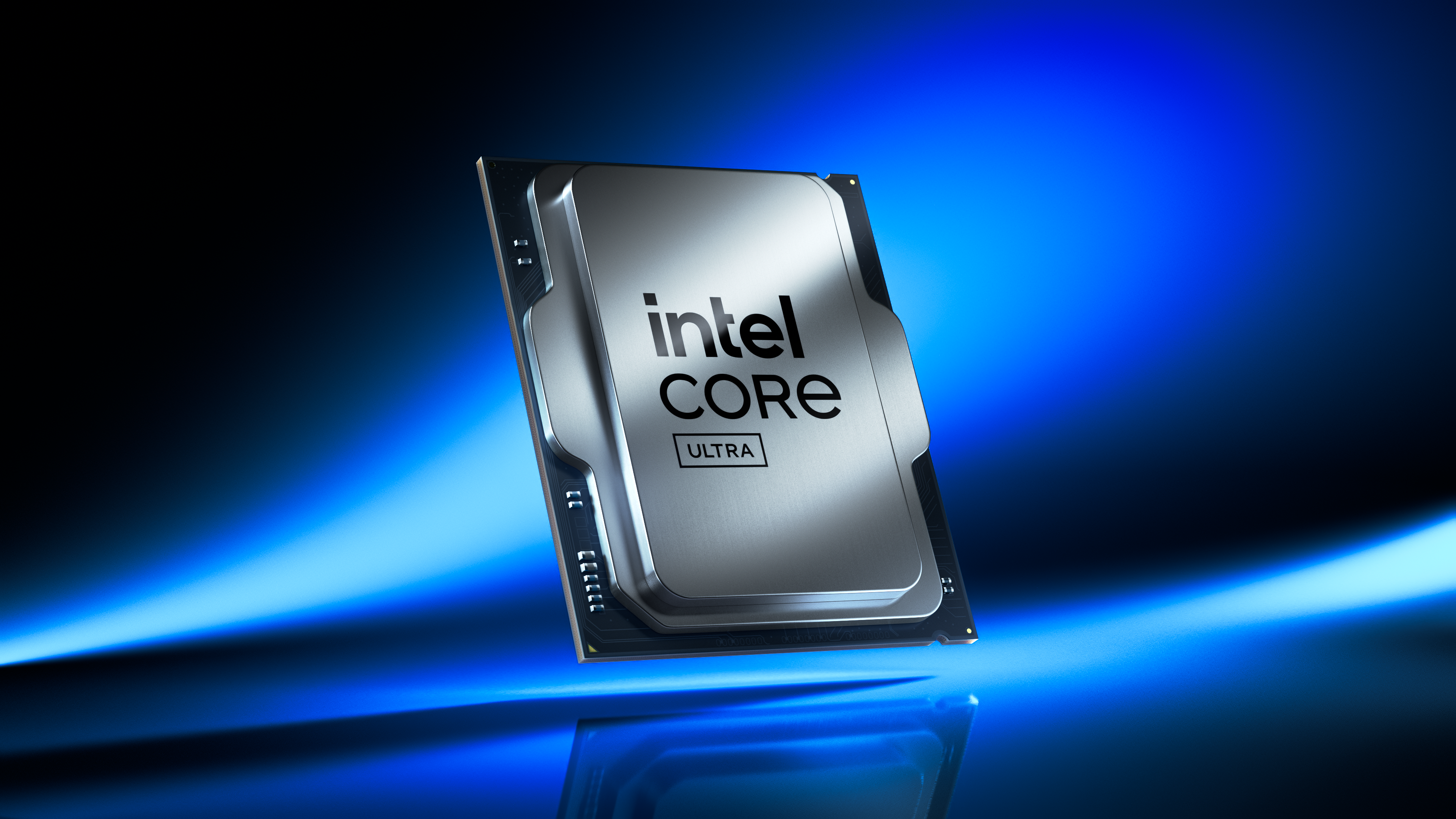
It's not clear whether Intel is bothered at all by consumer reactions to integrated RAM, as most laptop buyers probably didn't even notice, or if this is purely a smart decision financially or business-wise for Intel. Regardless, Gelsinger said integrating RAM on its chips is "not a good way to run the business."
If 32GB of RAM isn't enough for your next laptop, you'll be happy to hear Gelsinger said "It really is, for us, a one-off with Lunar Lake. That will not be the case with Panther Lake, Nova Lake, and its successors as well."
He didn't explicitly mention Arrow Lake mobile chips, but if Lunar Lake is truly a "one-off," I'm hoping Arrow Lake chips don't have integrated RAM. Arrow Lake desktop chips launched October 24, but mobile chips likely won't arrive until early 2025.
Hopefully, laptop options will expand for power users soon with the Arrow Lake chip launch in Q1 2025, but if not, at least we know definitively that Panther Lake and Nova Lake chips won't have integrated RAM.

Sarah Chaney is a freelance tech writer with five years of experience across multiple outlets, including Mashable, How-To Geek, MakeUseOf, Tom’s Guide, and of course, Laptop Mag. She loves reviewing the latest gadgets, from inventive robot vacuums to new laptops, wearables, and anything PC-related. When she's not writing, she's probably playing a video game, exploring the outdoors, or listening to her current favorite song or album on repeat.

